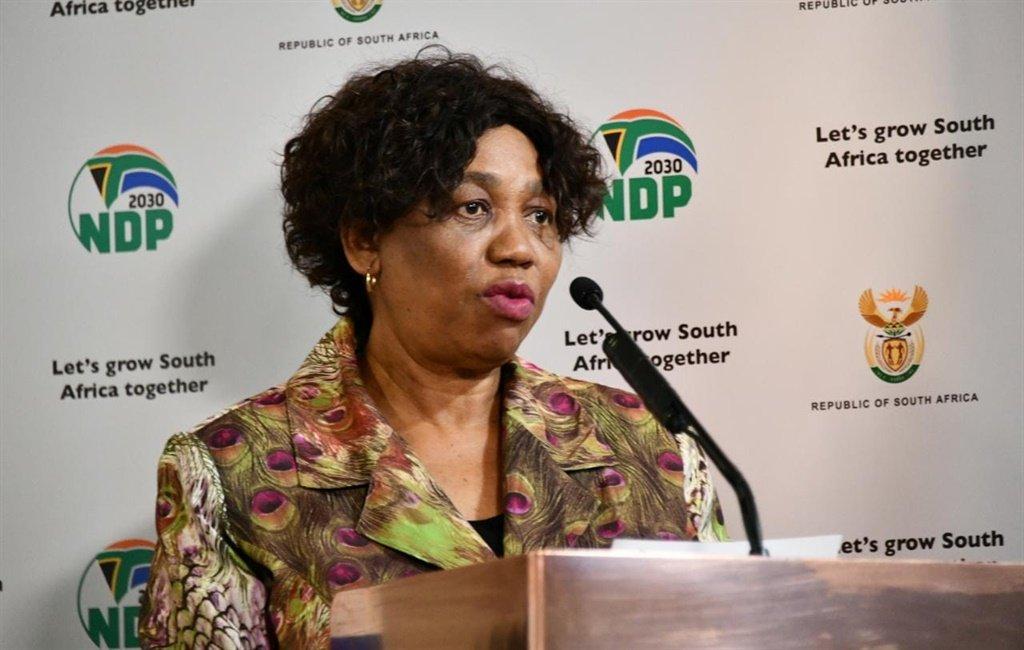Africa-Press – South-Africa. A new census of early childhood development centres (ECD) in South Africa has revealed several challenges, including a lack of infrastructure, learning material and training.
Only around half of the ECD programmes have access to age-appropriate books, the survey found, and a third do not have access to any outdoor play equipment.
In addition, pupils at more than half of the 42 000 ECD programmes in South Africa have less than 30 minutes of free playtime every day.
The results of the Department of Basic Education’s ECD Census 2021 were released in Johannesburg on Friday.
The census, a first for South Africa, aimed to gather reliable data and information to inform a centralised information system and improve resource allocation and oversight management of ECD.
It came off the back of a collaboration between the department and the LEGO Foundation.
ALSO READ | Low response in Western Cape threatens budget allocations, integrity of Census 2022
It found that almost a quarter of all ECD programmes are in Gauteng and 40% of all ECD centres are in rural areas. The census, which counted programmes at a ward level, found that programmes are not equally distributed. The Western Cape and metro areas have a higher density of programmes.
Basic Education Minister Angie Motshekga said the data will allow the department to allocate resources and implement management systems.
She said:
The census found that more than 1.6 million children have been enrolled at ECD facilities but of those, 1.4 million attend the programme. This dropped from 1.9 million before the Covid-19 pandemic.
These children are educated by a staff complement of more than 200 000 people – around four teachers per pupil, with 39 children enrolled on average at each ECD programme.
The data is essential in ensuring that ECD teachers have the correct training and follow appropriate curricula, Motshekga said.
She added that the census gave the department an indication of where “the big gaps and challenges are” in teacher training.
It showed that 22% of ECD staff had no training at all, and that 26% had attended a skills training programme. The rest of the staff’s qualifications range from matric to master’s degrees.
Motshekga added that the sector still faces significant challenges, especially when it comes to infrastructure. Only 60% of programmes have flush toilets and around a third of all schools do not have taps to supply water for handwashing.
“The results will help monitor trends in the sector and contribute to the development of children so they can thrive as they grow older,” Motshekga said.
For More News And Analysis About South-Africa Follow Africa-Press






